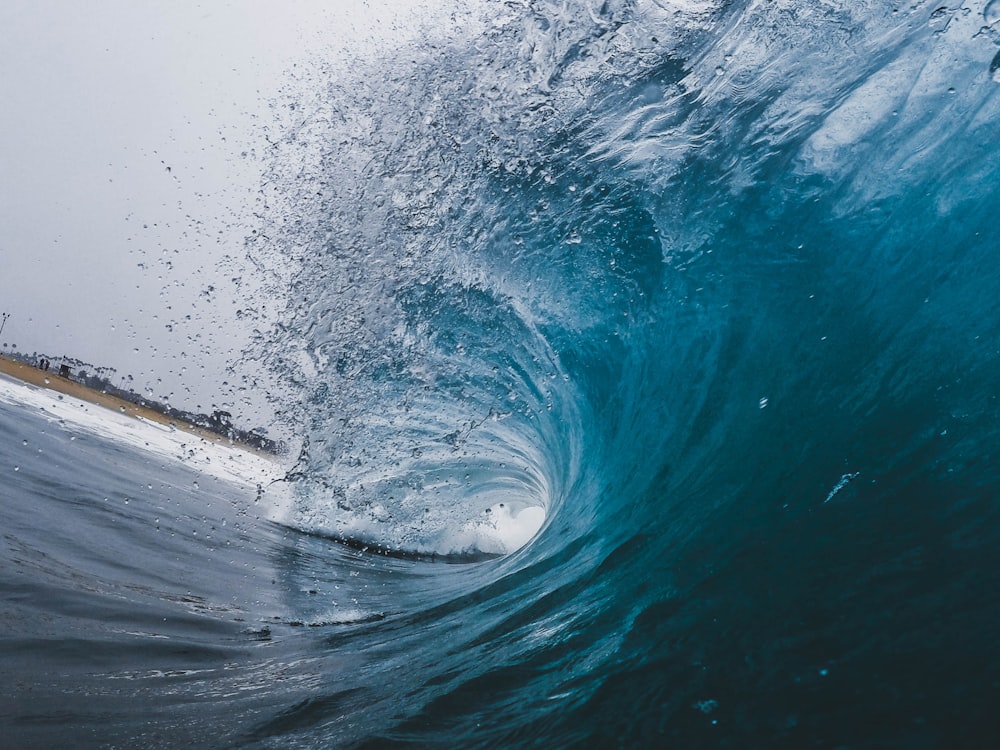Mechanical water systems design forms the backbone of modern water infrastructure, requiring precision engineering and innovative solutions to handle diverse water management challenges. Smart Bhujal's mechanical engineering expertise delivers robust, efficient systems that optimize water treatment, distribution, and recycling across industrial, municipal, and commercial applications.
Fundamentals of Mechanical Water System Design
Effective mechanical water system design integrates multiple engineering disciplines to create comprehensive solutions. Key considerations include hydraulic analysis, pump selection, pipe sizing, valve configuration, and control system integration. Each component must work harmoniously to ensure optimal system performance and longevity.
Core Components of Water Infrastructure Systems
Pump Systems and Selection
Proper pump selection is critical for system efficiency and reliability. Centrifugal pumps, positive displacement pumps, and specialized pumps each serve specific applications. Engineering analysis considers flow rates, head requirements, efficiency curves, and lifecycle costs to optimize pump selection.
Piping and Distribution Networks
Mechanical piping systems require careful material selection, sizing calculations, and hydraulic modeling. Factors include pressure ratings, corrosion resistance, thermal expansion, and maintenance accessibility. Advanced materials like HDPE, stainless steel, and composite materials offer enhanced performance characteristics.
Filtration and Treatment Equipment
Mechanical filtration systems include sand filters, membrane bioreactors, reverse osmosis units, and specialized treatment equipment. Each system requires precise mechanical design to ensure optimal flow distribution, backwash capabilities, and automated operation.
System Design Methodologies
Hydraulic Modeling and Analysis
Advanced hydraulic modeling software enables engineers to optimize system performance before construction. Computational fluid dynamics (CFD) analysis identifies potential issues and validates design parameters. This approach reduces construction risks and ensures reliable operation.
Energy Efficiency Optimization
Mechanical system design prioritizes energy efficiency through variable frequency drives, high-efficiency motors, and optimized control strategies. Energy recovery systems and smart control algorithms can reduce operational costs by 30-40%.
Redundancy and Reliability Engineering
Critical water systems require built-in redundancy to ensure continuous operation. Standby equipment, emergency backup systems, and fail-safe controls prevent service interruptions during equipment maintenance or failures.
Application-Specific Design Considerations
Industrial Water Systems
Industrial applications require specialized mechanical systems for process water, cooling tower systems, and wastewater treatment. Design considerations include chemical compatibility, high-temperature operation, and process integration requirements.
Municipal Water Infrastructure
Municipal systems demand large-scale mechanical solutions for water treatment plants, distribution networks, and pumping stations. Designs must accommodate peak demand variations, regulatory requirements, and long-term expansion needs.
Commercial Building Systems
Commercial water systems integrate with building automation systems for optimal performance. Mechanical design includes domestic water systems, fire protection, HVAC integration, and water recycling systems.
Advanced Technologies in Mechanical Design
- Smart Sensors: Integrated monitoring for pressure, flow, and quality parameters
- Automated Controls: PLC-based systems for remote monitoring and optimization
- Predictive Maintenance: Vibration analysis and condition monitoring systems
- Energy Recovery: Pressure energy recovery devices and heat exchangers
- Modular Design: Scalable systems for future expansion capabilities
Smart Bhujal's Mechanical Engineering Services
Our mechanical engineering team delivers comprehensive water system design services, from conceptual design through commissioning and optimization. We specialize in custom solutions that integrate traditional engineering principles with advanced technologies for maximum efficiency and reliability.
Partner with Smart Bhujal for your mechanical water system design needs. Our engineering excellence ensures robust, efficient water infrastructure that meets your operational requirements and performance objectives.
